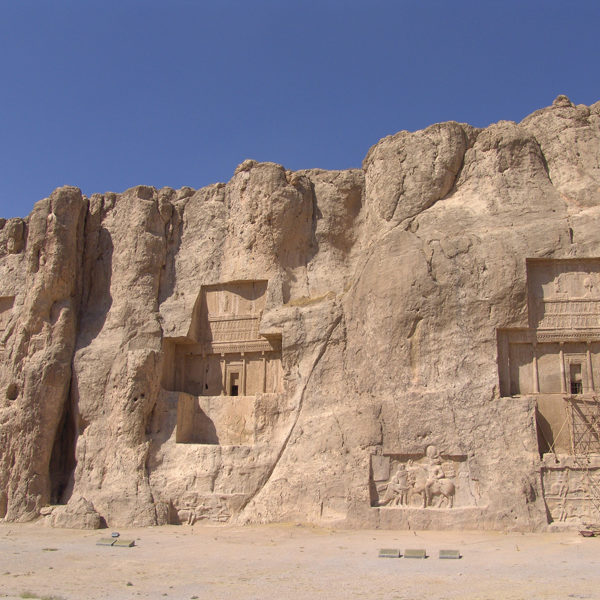Activities which preceded the formation of IDA-transform began in the mid-eighties. From small beginnings the work slowly developed and in order to effectively coordinate activities and avoid duplication IDA-transform came into existence. Since then we have helped thousands of people grow in faith, knowledge and self-awareness and become valued members of society by active involvement in local communities.
The name Persia is mentioned many times in the Bible and other ancient writings. It is one of the oldest civilisations known to man today. The Persian Empire is the name used to refer to many historical dynasties that have ruled the country of Persia now known as Iran.
Christianity in Iran dates back to the early years of the faith, pre-dating Islam. In the Book of Acts there is mention of Parthians, Medes and Elamites (now regions of modern-day Iran) being among the very first converts to Christianity.
Many old churches remain in Iran from the early days of Christianity. It is generally accepted that the Assyrian Church of Mart Maryam (St. Mary) in north-western Iran, for example, is the second-oldest church in Christendom.*
A number of Christian denominations are represented in Iran. Many members of the larger, older churches belong to minority ethnic groups – the Armenians – and Assyrians having their own distinctive culture and language. The members of the newer, smaller Christian groups are drawn both from the traditionally Christian ethnic minorities and converts from non-Christian background.
*Iran Gazette.com

Historically, the areas where the Persian language (also known as Farsi) was spoken ranged from the Middle East to India, but today, Persian is primarily spoken in Iran and parts of Afghanistan, Uzbekistan and Tajikistan.
In 1979 Persia was renamed Iran and is home to over 80 million people, considered by The Lonely Planet Guide to be one of the friendliest countries on earth.

